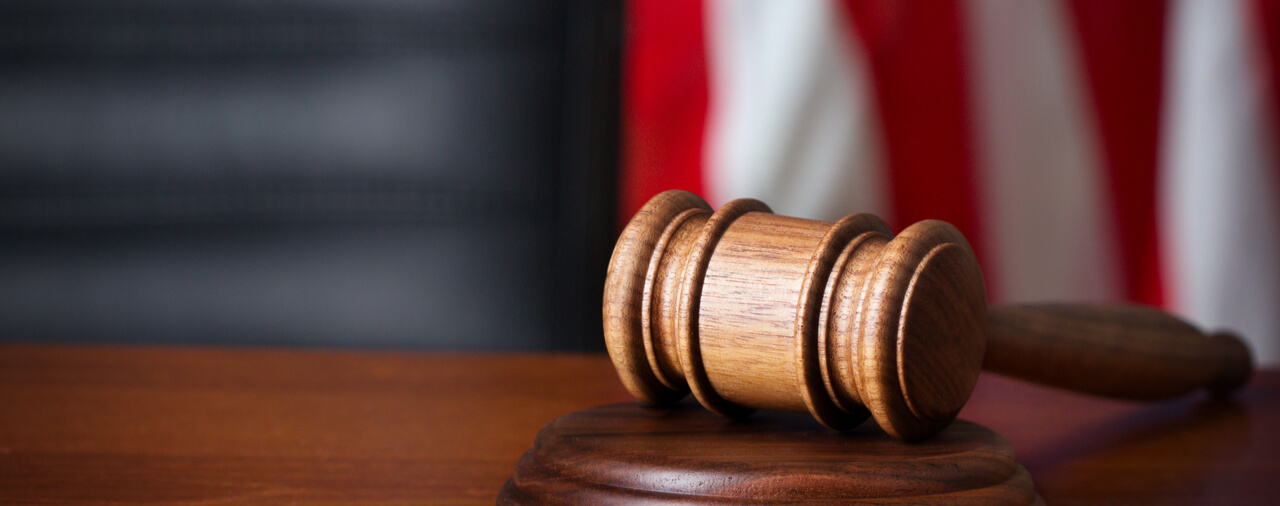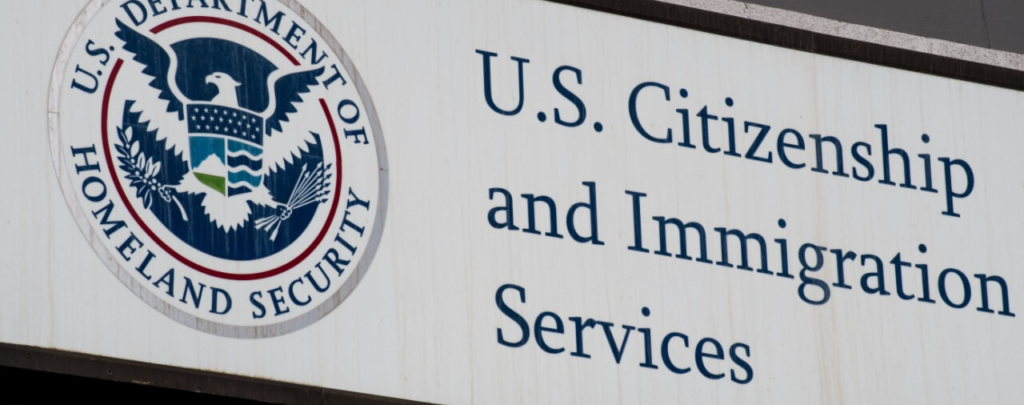On January 27, 2020, the Supreme Court of the United States stayed a universal injunction against the Department of Homeland Security’s (DHS’s) public charge rule that had been entered by the United States District Court of the Southern District of New York. The United States Court of Appeals for the Second Circuit had denied the Government’s motion to stay. The Supreme Court’s stay will remain in effect pending the Government’s appeal of the Southern District decision on the merits of the public charge rule to the Second Circuit.
You may read the Supreme Court’s decision here [PDF version]. Four of the nine Justices of the Supreme Court — Ruth Bader Ginsburg, Stephen Breyer, Sonia Sotomayor, and Elena Kagan — would have denied the Government’s stay application. Justice Neil Gorsuch, joined by Justice Clarence Thomas, wrote an opinion concurring with the stay and expressing concern over the proliferation of universal injunctions by district courts — which is also included in the PDF. We cover the concurring opinion in a separate post [see blog].
The United States Citizenship and Immigration Services (USCIS) released a statement on the Court’s decision [PDF version]. Ken Cuccinelli, the Senior Official Performing the Duties of the DHS Deputy Secretary, stated that the USCIS would move to implement the public charge rule nationwide, except in Illinois where the Government is still enjoined from enforcing it. However, the USCIS has not yet provided further guidance on how it will apply the public charge rule.
The USCIS published its new public charge rule on August 14, 2019 [PDF version]. It was scheduled to take effect on October 15, 2019, but was enjoined before the effective date. As written, the rule applied to applications postmarked on or after the effective date of October 15, 2019.
The litigation over the public charge rule will continue to wind through the courts, and may yet reach the Supreme Court again. Although the Government’s victory on its motion to stay the last remaining universal injunction bodes well for its chances of prevailing in the litigation, the ultimate fate of the public charge rule remains uncertain. For now, it appears that the USCIS will begin implementing the public charge rule everywhere except Illinois. Petitioners and beneficiaries with questions about how the new public charge rule may affect their applications should consult with an experienced immigration attorney immediately. This includes any questions regarding which public benefits may raise public charge concerns under the new rules.
We provide details about the new public charge rule and how it differs from preexisting public charge guidance in a post we wrote about it at the time it was published [see article]. We will update our website with a more comprehensive discussion of the new public charge rule in the near future.





